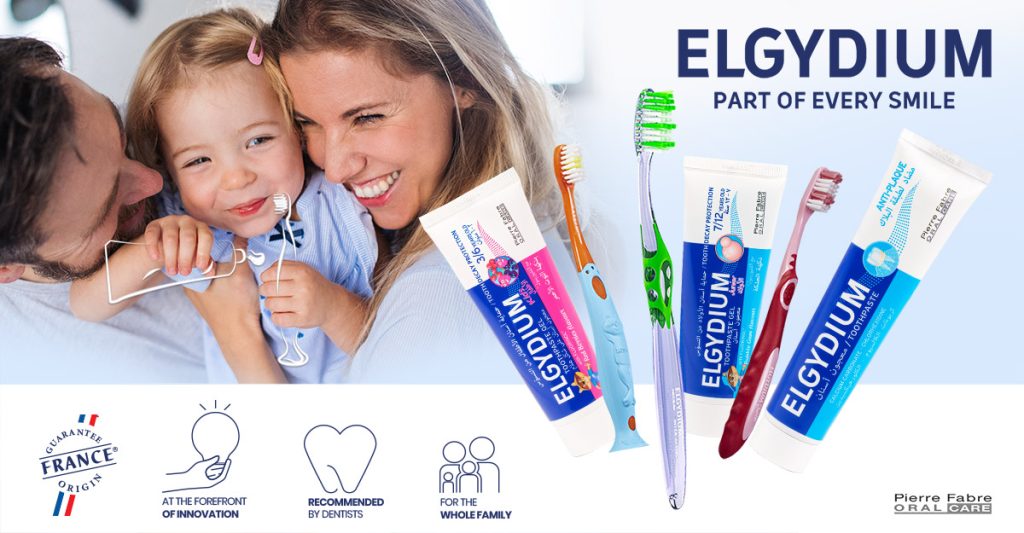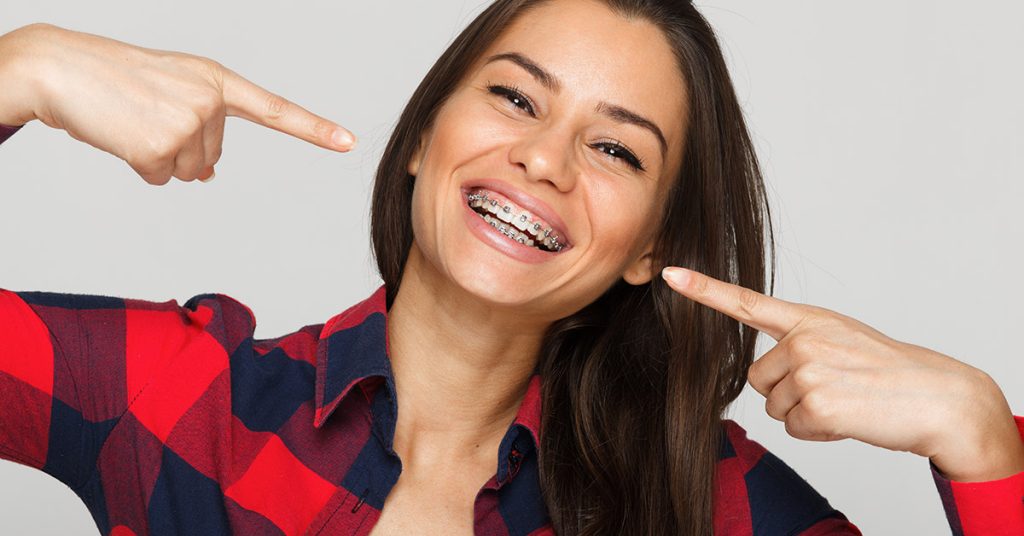Most of us go through orthodontic treatment during our life. Wearing braces is a common phase and caring for your teeth and gums during that phase is essential. Dr. Murad Maraqa takes us through the reason behind the importance of oral care during orthodontic treatment.
The importance of a regular oral care routine
Stand in front of a mirror and observe your new braces. As you can see, the brackets and wires have many nooks and crannies. Dr. Maraqa explains that these can easily trap food and plaque. This means your risk of tooth decay and gum problems may be higher while wearing braces. Paying special attention to cleaning your teeth every day, as well as to what you eat is necessary. A simple reason for this necessary step is that tooth enamel can occur if the teeth and brackets are not kept clean.
Areas on the enamel surface may begin to lose minerals (the early stage of tooth decay) leaving unsightly white spots. You may also develop inflamed and bleeding gums (gingivitis). Gingivitis and the early stages of tooth decay can be reversed by taking extra care of your oral hygiene and diet. If left untreated, they can lead to bigger problems that will require treatment and have life-long effects. Dr. Muraqa also insists on continuing to have regular check-ups with your dental professional to ensure that little problems don’t become big ones.
Your tooth friendly diet
As Dr. Muraqa says, most of us are well aware that sugary foods and drinks can lead to tooth decay. Starchy foods, such as potato crisps, can also stick to teeth for long periods of time and cause tooth decay. Dr. Muraqa goes on to say that there is increasing concern about acidic foods and drinks, colas (diet and regular), cordial, sports drinks, and fruit juices that can erode enamel from teeth when consumed frequently or over extended periods of time.
Saliva is your body’s natural defense against tooth decay. Dr. Muraqa says you need to give saliva plenty of time to wash away acids that form after eating and drinking. He gives you a good rule to follow, which is to limit eating times each day to 3 meals and 2 snacks. You can drink plenty of water as often as you like while being aware that bottled water may not contain fluoride.
Your braces-friendly diet and habits
Dr. Muraqa explains that there are certain foods that can loosen, break or bend wires and bands when you are wearing braces. His advice is to avoid hard foods such as nuts and hard biscuits. Foods such as apples and carrots should be grated or chopped into small pieces before eating to reduce the stress on your braces. Also, avoid sticky foods such as caramels, toffees, muesli, or fruit bars. And of course, no chewing gum!
Habits such as nail-biting, unnatural tongue thrusting, pencil chewing, and nervous picking at your wires can also break braces. Dr. Muraqa urges you to be aware of these tips.
Remember that damaged braces mean extra appointments, inconvenience, and extended treatment time. If you do break your braces, be sure to immediately make an appointment with your Orthodontist. Broken braces will be of no use to your teeth!
Did you find this useful, brace-wearers?
For effective oral care products, we recommend the Elgydium products, available on THIS LINK.




